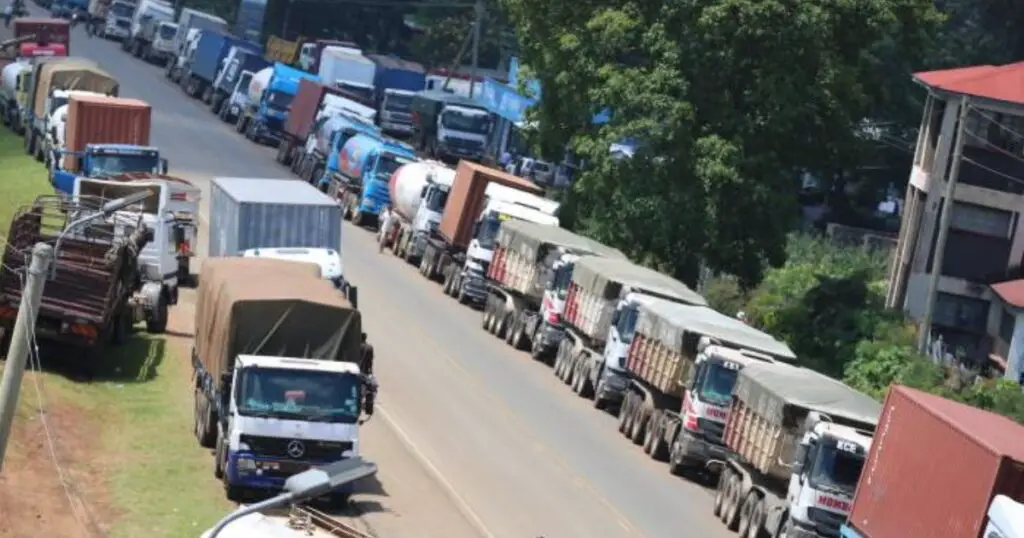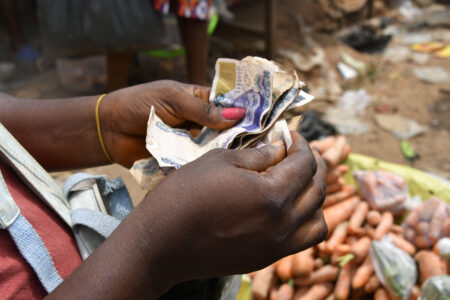Kenya-Ethiopia trade relations have been on the rise in the past 27 years, with Kenya having the upper hand. Ethiopia, on the other hand, recorded an increase at an annualised rate of 23.7 per cent. During the Meeting Kenyan investors also undertook exhibitions showcasing some…
There is a debt crisis in Africa as countries struggle to repay international loans. According to the World Bank, nine…
Over 300 startups are converging in Abu Dhabi between May 7th and 9th for three days of innovation, collaboration, and…
TLcom Capital has raised $154 million in its second Fund, TIDE Africa II With this second fund, TLcom Capital maintains…
AfDB asks policymakers to put in place an orderly and predictable way of dealing with Africa’s $824Bn debt pile. According…
AfDB asks policymakers to put in place an orderly and predictable way…
Featured
International arrivals increased from 1.48 million in 2022 to 1.95 million as…
Industry & Trade
Artificial intelligence in Africa can potentially propel the fintech industry into a…
Countries
There is a debt crisis in Africa as countries struggle to repay international loans. According to the World Bank, nine African countries entered 2024…
UN faults UK-Rwanda asylum treaty citing concerns on potentially harmful impact on…
Namibia’s Mopane field could hold up to 10 billion barrels of oil,…
Kenya’s economic resurgence in 2024 proving a reality following a notable upturn…
Regional Markets
East Africa’s economic growth is projected to grow at 5.3 and 5.8 per cent in 2024 and 2025-26, respectively. The…
Tech & Innovation
South Korea-based LB Investment, which has $1.2 trillion Assets Under Management (AUM) as of 2023, has announced its participation in the 2024 AIM Congress. The firm…
Editor's Picks
International arrivals increased from 1.48 million in 2022 to 1.95 million as…
Africa
AfDB asks policymakers to put in place an orderly and predictable way…
Industry & trade
Kenya-Ethiopia trade relations have been on the rise in the past 27…
Money Deals
A key component of successful cryptocurrency investment is utilizing cryptocurrency exchanges effectively.…
Investing
Over 300 startups are converging in Abu Dhabi between May 7th and…




































